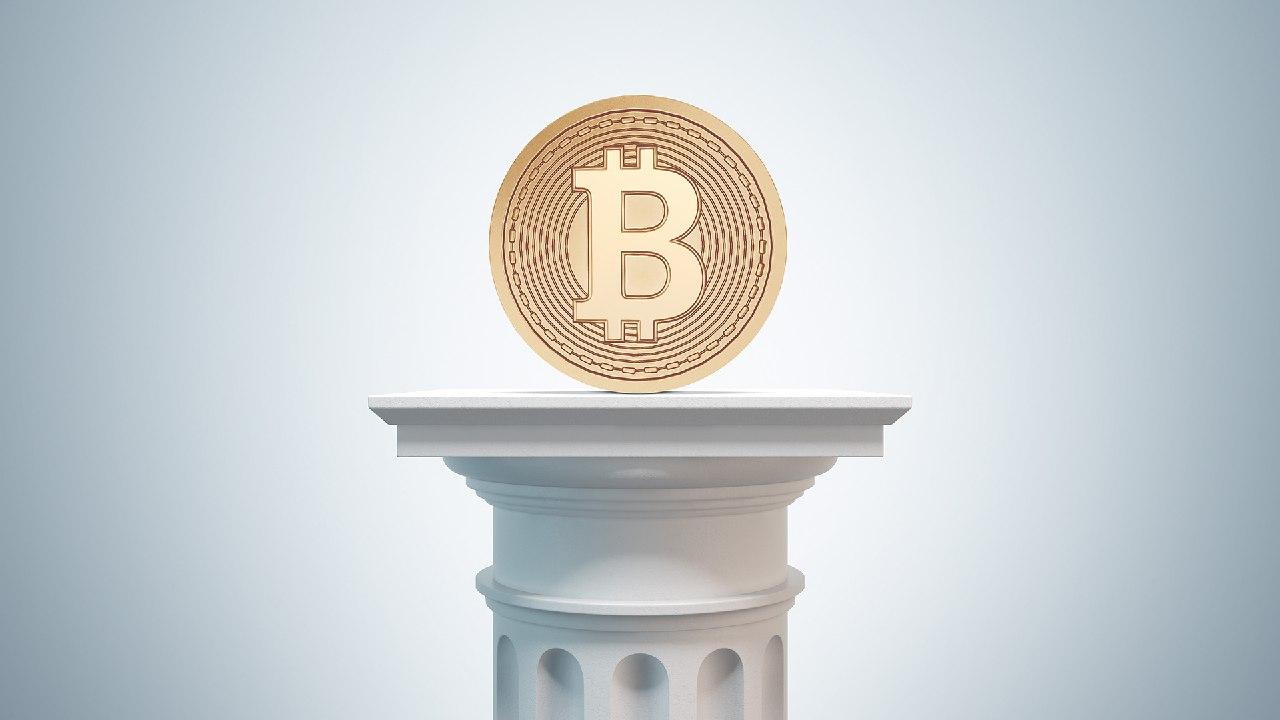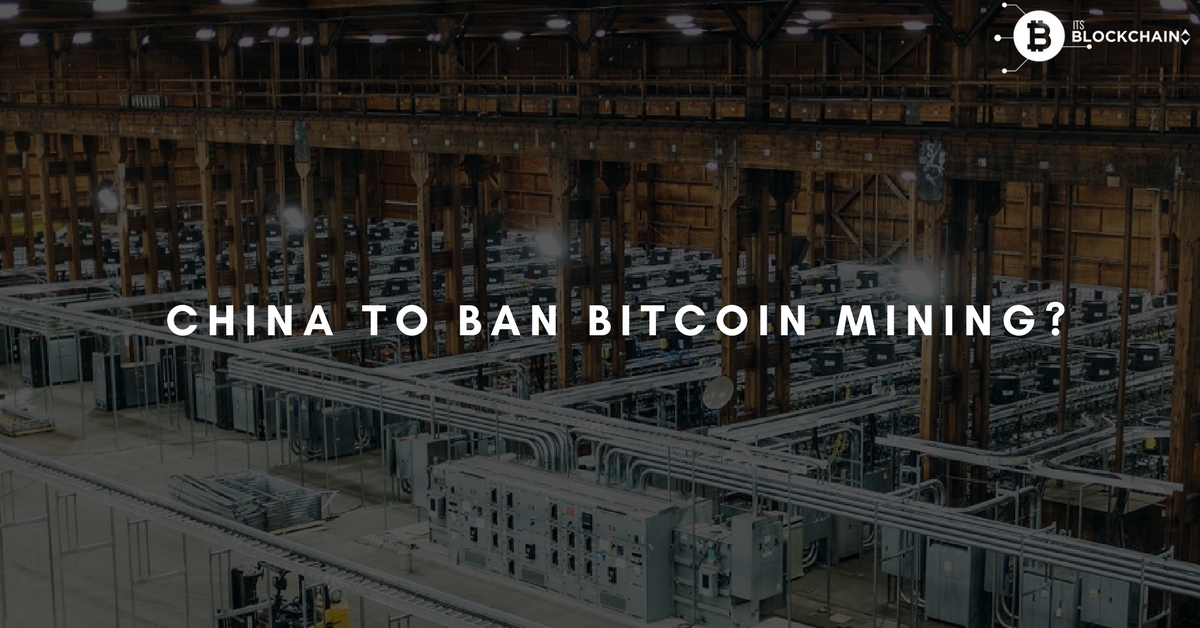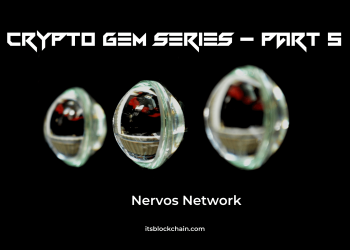Earlier today, a Chinese news agency reported that China is looking to ban Bitcoin mining in the Sichuan region. The Sichuan Electric Power Company apparently issued a to the grid-connected hydropower station, which claimed that the production of bitcoin is illegal and all the grid-connected power stations should stop helping produce bitcoin.
The circular went a step ahead and threatened power stations, which help Bitcoin mining by providing power to them will also be considered illegal and penalised.
The circular further went on to state that the purpose of this ban was to reduce the consumption of electricity during the dry season. The Sichuan region in China mainly derives . its electricity from hydropower and cannot afford to have power hungry Bitcoin mining activities on the grid.
Is China Really Banning Bitcoin Mining?
At the heels of the ICO ban and the unofficial stand against bitcoin exchanges, such a news coming from China could have been detrimental to the future of Bitcoin. However, Caixin reported that this is incorrect.
While the company did pass around an internal memo that this could be a reason for concern, it says that the memo wasn’t represented properly. The head of the particular division of the power company in question said, “Our power sector is just a business unit, not a state agency, nor does it have the power to characterize whether the production of bitcoin is illegal.”
Nowhere in the official documentation was the illegality of the bitcoin miners or the power generation centres mentioned and the spokesperson blamed it on an excited public relations team.
Our Take – Miners must think of the environment
In recent interviews, John McAfee said that his firm spends close to 1000 USD of electricity of produce one bitcoin. With large-scale mines, and cheap electricity in the developing world, our environment is severely compromised.
One saving grace is that there is a growing number of bitcoin miners who are currently using renewable systems like solar power to run their mining units, but that number is less. The generally higher initial set up costs that renewable energy entails has curtailed mass adoption in this space.
This has increased dependence on the grid and in-turn, dependence on polluting, non-renewable sources of energy.
Thinking of forking BTC into a POS system is out of the question – it’s too big to change now. However, better mining practices in cognisance to the environment is the need of the hour.
Also, check out the top 5 coins to mine vs stake.

Hitesh Malviya is the Founder of ItsBlockchain. He is one of the most early adopters of blockchain & cryptocurrency enthusiast in India. After being into space for a few years, he started IBC in 2016 to help other early adopters learn about the technology.
Before IBC, Hitesh has founded 4 companies in the cyber security & IT space.
Subscribe to get notified on latest posts.




























